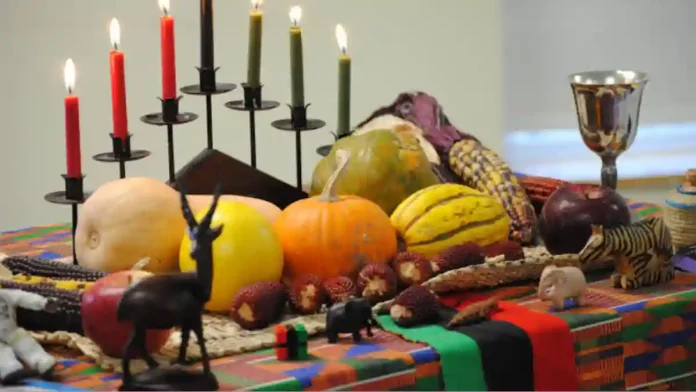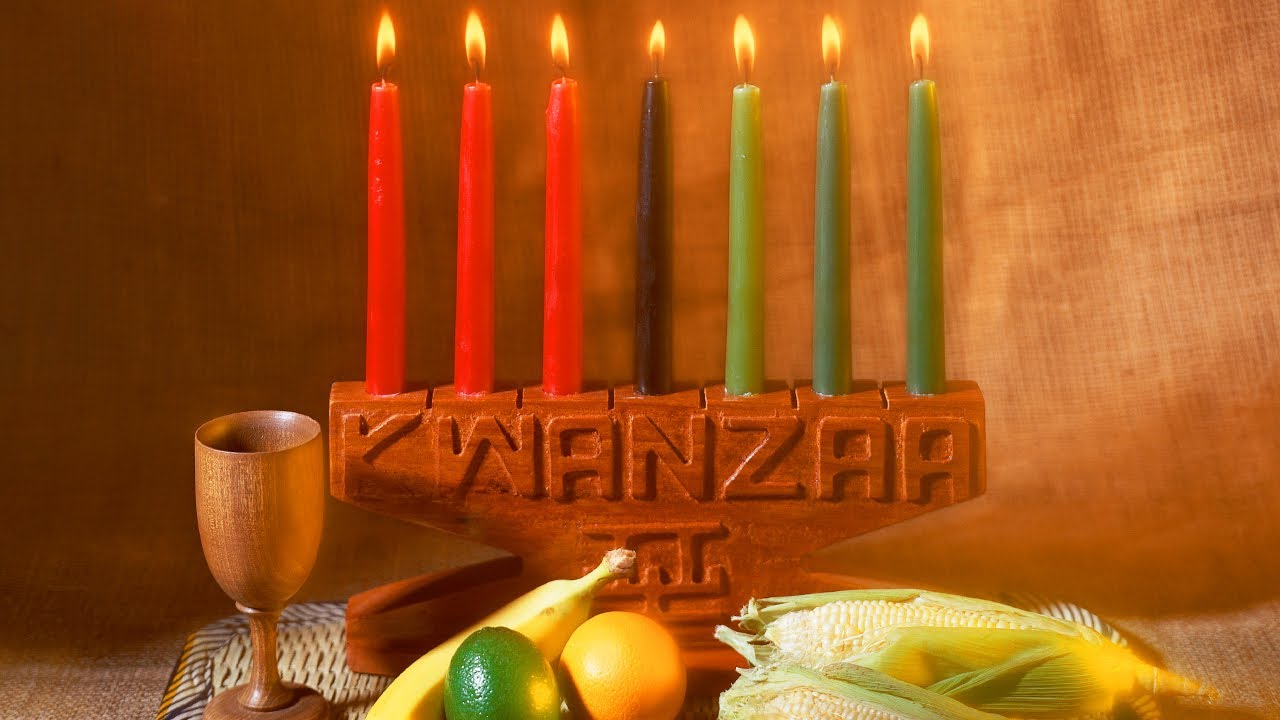There are many festivals happening around the world. There are many celebrations that span over a month to a couple of days that celebrate one’s religion, culture, or heritage. Kwanzaa is one such annual holiday that spans over a week. It celebrates the African family and social values. And the people in the United States primarily observe Kwanzaa.
Though a holiday for Americans of African descent, Kwanzaa is also a festive holiday in the Caribbean and other countries. This annual celebration is non-religious and non-political. This secular holiday is celebrated immediately after Christmas but has no connection to or does it act as a substitute for Christmas. Here’s more about Kwanzaa.
Read More: What Is The ‘Feast of Our Lady of Guadalupe’? How Is It Celebrated?
History Of Kwanzaa

The annual holiday falls between December 26 and January 1 every year with millions of people from the US, Canada, and the Caribbeans observing it. It was Maulana Karenga who first devised this celebration back in 1966, according to National Geographic. He was a central figure in Afrocentrism and a professor of Africana studies at California State University.
He formed the word kwanza from a Swahili phrase that means ‘first’. Karenga added an extra ‘a’ as the seventh letter to represent the seven children present at the early celebration. The first-fruits celebration of South African culture inspired this secular holiday.
Read More: What Is Hanukkah? Why Is It Celebrated?
Celebrations For Kwanzaa

The seven days of celebration denote the seven principles of Kwanzaa. These include unity, self-determination, collective responsibility, cooperative economics, purpose, creativity, and faith. Also, there are seven symbols for the holidays. These are vegetables, fruits, and nuts; straw mats; candleholders; and ears of corn. Besides these, the symbols were gifts; a communal cup denoting unity; and seven candles in African colors of red, green, and black.
In addition to these symbols, the families come together each day to light the seven candles in the candleholder. And here they discuss the principles of the day. Finally, on the last day of December, families come together to hold a community fest called karamu. Many share their joy by wearing traditional African dress.
Read More: Why Is Thanksgiving Celebrated On Different Dates?






